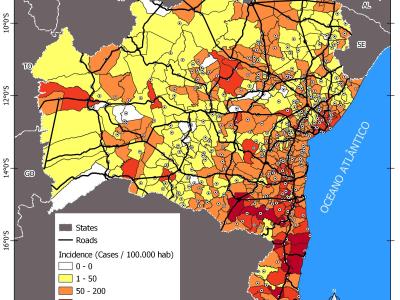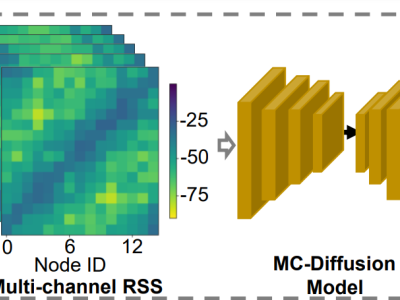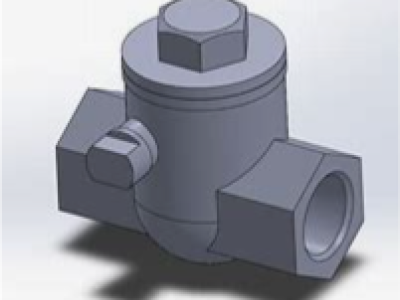
We proposes a new task in the field of Answering Subjective Induction Question on Products (SUBJPQA). The answer to this kind of question is non-unique, but can be interpreted from many perspectives. For example, the answer to ‘whether the phone is heavy’ has a variety of different viewpoints. A satisfied answer should be able to summarize these subjective opinions from multiple sources and provide objective knowledge, such as the weight of a phone.
- Categories:




